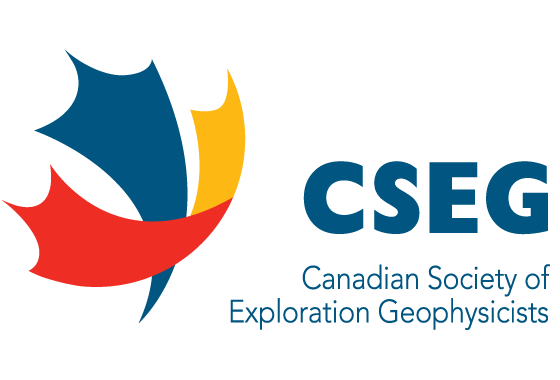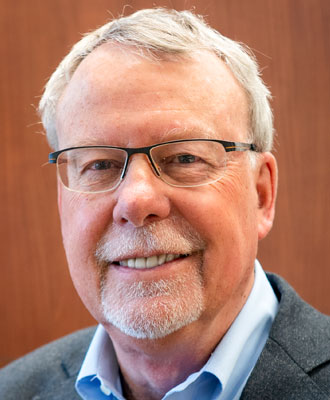Abstract
Geophysicists are trained to conceptualize geophysical problems in detail. However, machine learning algorithms are more difficult to understand and are often thought of as simply “black boxes”. In this talk, a numerical example is used to illustrate the difference between geophysical inversion and machine learning inversion. In doing so, an attempt is made to demystify machine learning algorithms and show that, like inverse problems, they have a definite mathematical structure that can be written down and understood. The example used in this study is the extraction of the underlying reflection coefficients from an overlapping wavelet response that was created by convolving a reflection coefficient dipole with a symmetric wavelet. In discussing the solution to this problem the topics of deconvolution, recursive inversion, linear regression and nonlinear regression using a feedforward neural network are covered.
Biography
Brian Russell holds a B.Sc. from the University of Saskatchewan (1975), a M.Sc. from Durham University (1978), U.K., and a Ph.D. from the University of Calgary (2004), all in geophysics. He joined Chevron in Calgary as an exploration geophysicist in 1975 and subsequently worked for Teknica and Veritas before co-founding Hampson-Russell Software with Dan Hampson in 1987. Hampson-Russell is now a subsidiary of CGG, where Brian is Vice President, GeoSoftware and a CGG Fellow.
Brian is involved in the research of new AVO, rock physics, inversion and seismic attribute techniques as well as giving presentations on seismic theory and software throughout the world. He is a Past-President of both the SEG and CSEG and has received Honorary Membership from both societies, as well as the Cecil Green Enterprise Award from SEG (jointly with Dan Hampson) and the 1999 CSEG Medal.
Brian is an Adjunct Professor in the Department of Geoscience at the University of Calgary and is registered as a Professional Geophysicist (P.Geoph.) in Alberta. He is also currently on the board of the M.Sc. in Integrated Petroleum Geosciences (IPG) at the University of Alberta.





